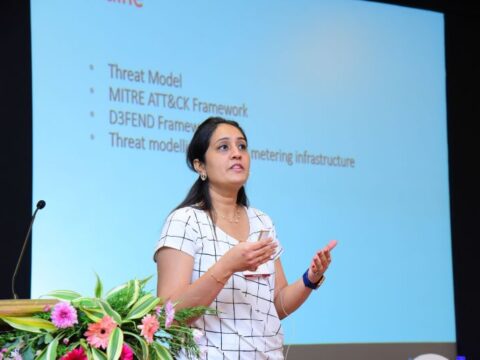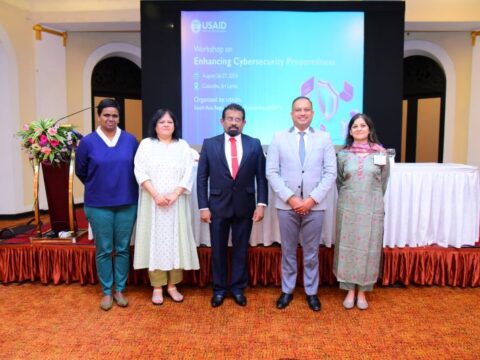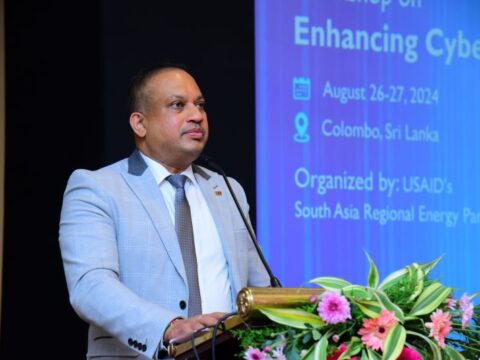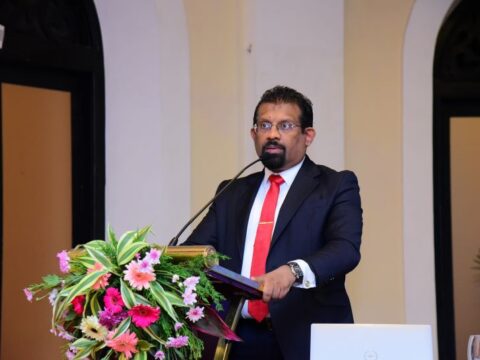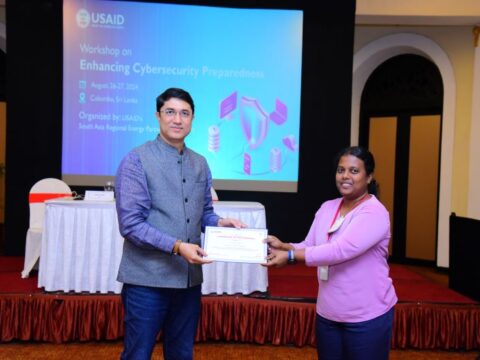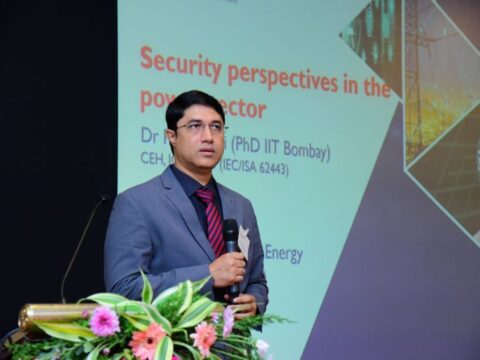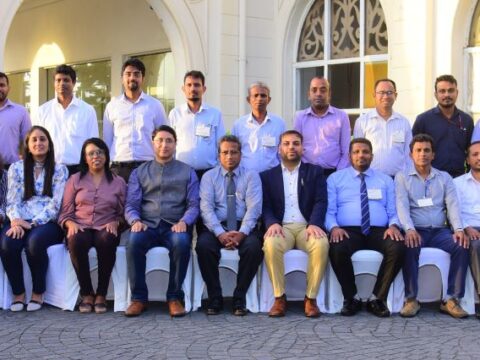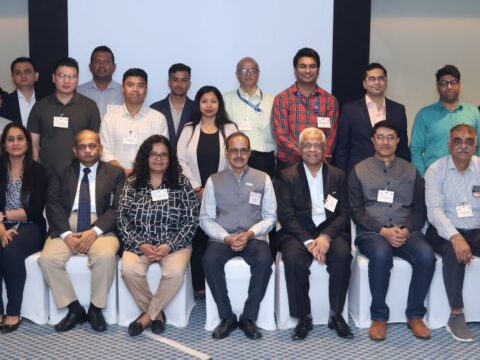Cybersecurity
September 5, 2024
As the energy sector embraces digitization, cybersecurity has become a top priority for power utilities worldwide. With the increasing adoption of smart technologies, distributed energy resources, and advanced metering infrastructure, […]
May 1, 2024
The Regional Training course on Cybersecurity for Transmission Utilities and System Operators was held in Mumbai from April 16th to 18th. Organized by USAID’s SAREP program, the training aimed to […]


